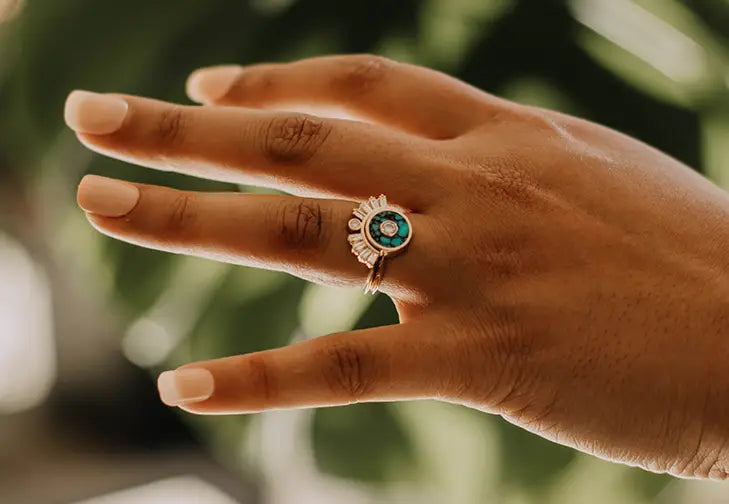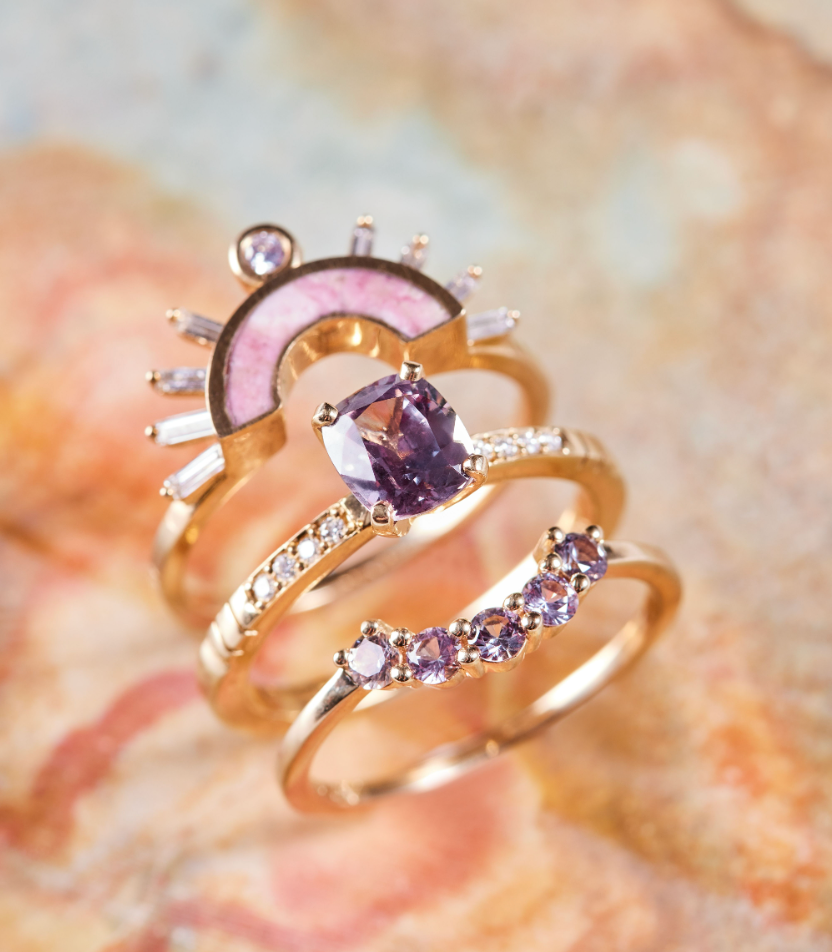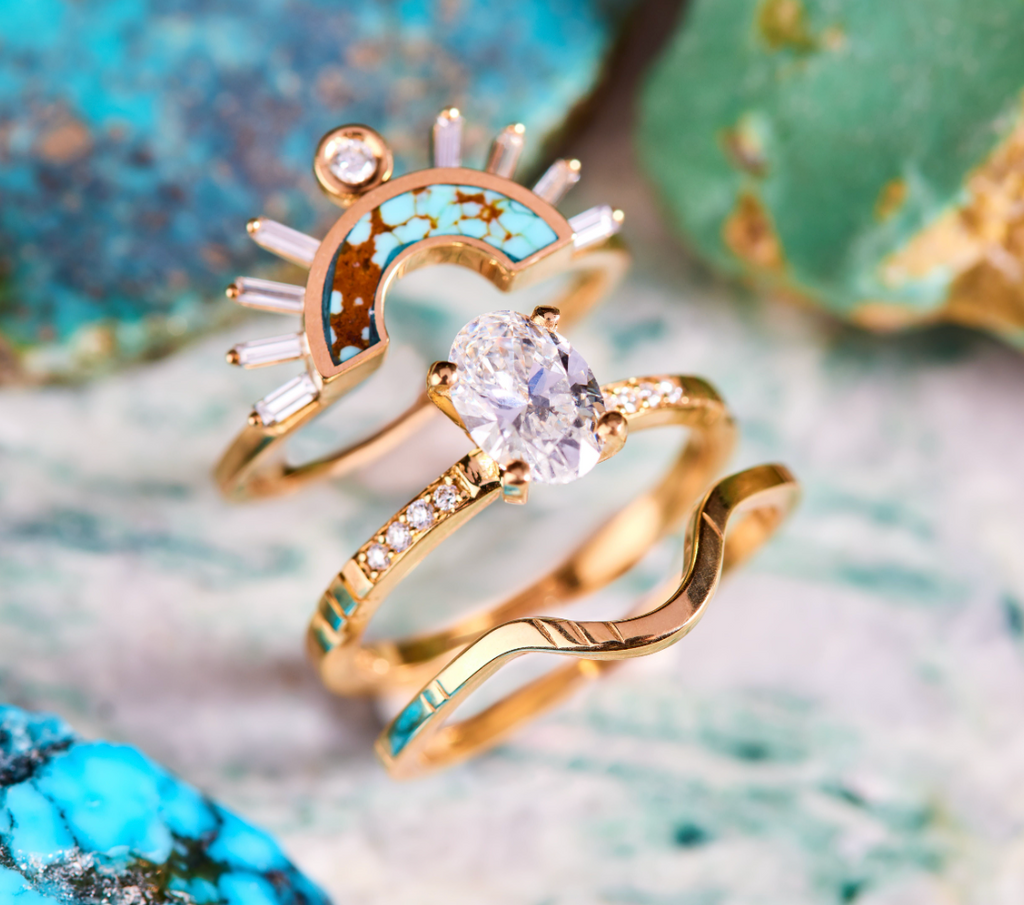Understanding The Significance Of Jewelry Across Different Cultures

Jewelry has been an integral part of many different cultures throughout history.
From weddings and ceremonies to everyday expression, the cultural significance of jewelry has a special place in our lives.
In this article, we'll explore the symbolism of jewelry across various cultures and traditions. Discover the mesmerizing world of jewelry and its universal value!
Traditional Jewelry By Country And Its Significance
Jewelry has been an integral part of cultures worldwide, serving as a means of adornment and a symbol of wealth, status, and cultural identity.
Let's look at the symbolism of jewelry across different cultures:
- In ancient China, gold and jade jewelry was believed to bring good luck and was a significant part of traditional wedding ceremonies.
- In Africa, tribes used beaded jewelry to adorn and communicate social and cultural messages.
- The Greeks developed the concept of prayer beads, which evolved into worry beads used for stress relief.
- In India, jewelry is an essential part of temple decorations worn by temple dancers. Indian brides are adorned with at least 16 pieces of jewelry during their weddings, with bangles being a significant part of the ensemble.
- In Native American jewelry, turquoise is a stone that holds immense significance. It's blue, green, white, and black colors symbolize a connection to the natural world, and it was believed to bring good health, happiness, and luck.
- In Māori culture, jade is a precious stone protected under the Treaty of Waitangi. It is passed down from generation to generation, increasing prestige with each passing.
- For Jewish people, the Star of David symbolizes solidarity and is often worn as jewelry to mark their religion and culture. And in other parts of the Middle East and northern Africa, it's believed to bring good fortune.
Role Of Jewelry In Different Cultures
Jewelry serves multiple purposes across different cultures. While it is primarily used for adornment, it is also used for exchange and trade in many cultures.
- In Western cultures, jewelry is often seen as a symbol of wealth and status.
- In Eastern cultures, however, jewelry is seen as a way to honor ancestors and gods. Many jewelry pieces may feature symbols or motifs with deep spiritual meaning.
In some cultures, people use jewelry to show loyalty or commitment. Some couples exchange rings to signify their marriage. Others wear matching necklaces or bracelets to symbolize their bond.
The Universal Value of Jewelry
Different cultures and traditions worldwide have always placed great importance on jewelry.
One of the universal values of jewelry is that people use it to show love and affection. Jewelry is also given as gifts to mark special occasions like anniversaries. Jewelry can also be given simply as a gesture of appreciation or thanks.
Another value often placed on jewelry is its ability to protect its wearer from harm. Many believe certain stones and metals have magical properties to ward off evil spirits or bring good luck. Many people still wear these kinds of charms today for protection against harm.
Finally, people often wear jewelry with meaning behind it. It may be a reminder of a loved one who has passed away or a connection to their culture and heritage.
For others, it may be a source of strength and empowerment, helping them feel more confident.
Uncover the Ethical and Sustainable Beauty of Handmade Jewelry
Jewelry speaks a universal language of beauty and meaning.
Young In The Mountains Jewelry is the perfect place to start your fine jewelry collection if you want unique and ethically crafted jewelry.
Our collection of handmade pieces combines traditional craftsmanship with contemporary design. Our designs are a must-see for anyone who appreciates the symbolism of jewelry.


